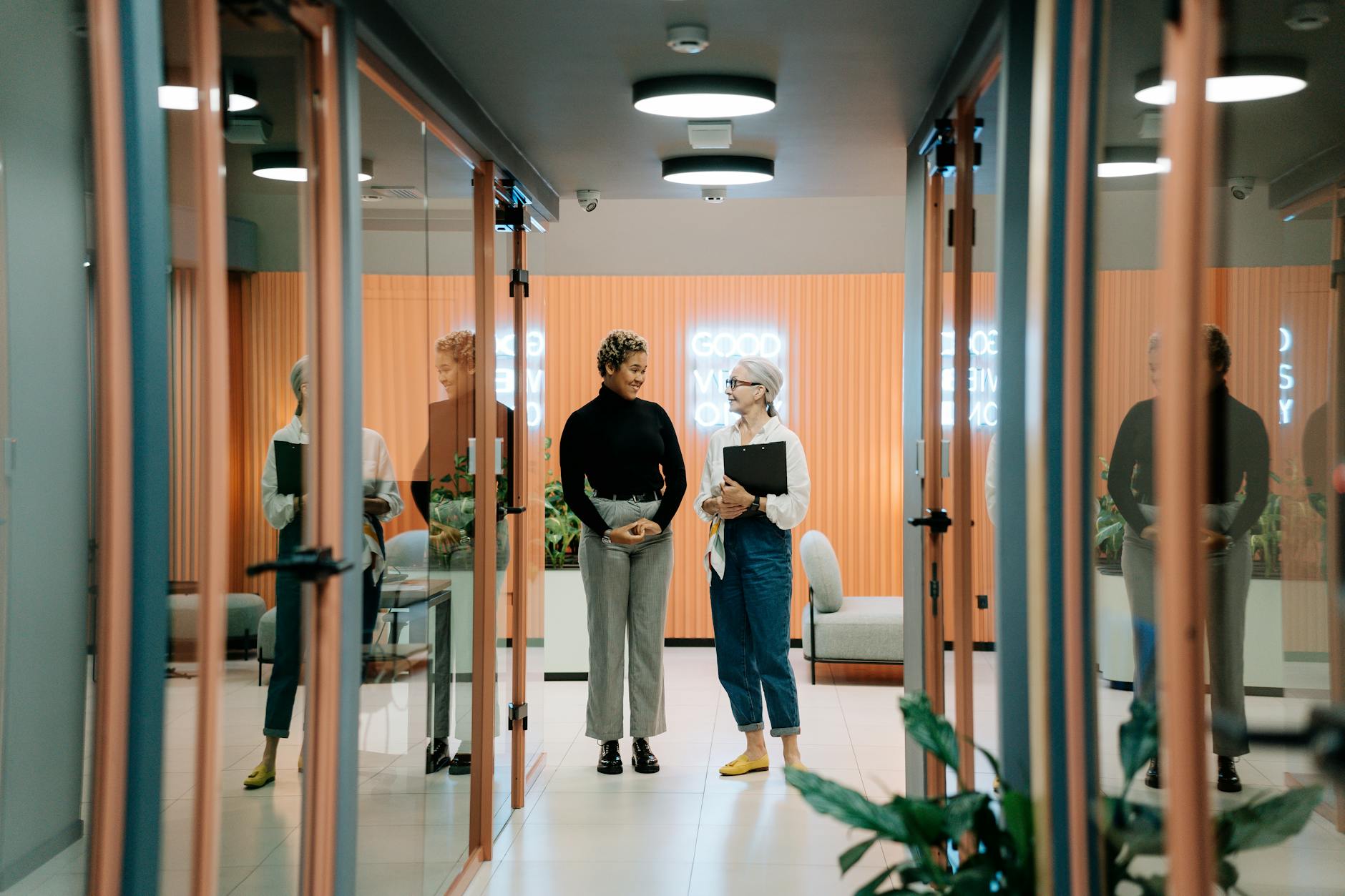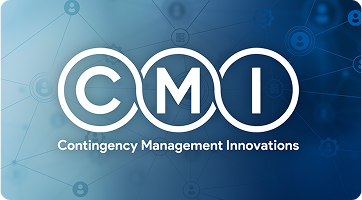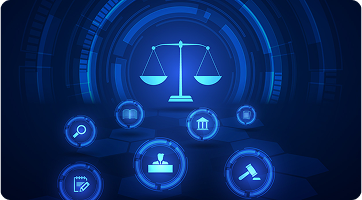Q2i’s Business Divisions
Q2i is a digital health company dedicated to developing, refining, validating, and commercializing innovative, evidence-based solutions.
About Q2i
Q2i, founded in 2016, is a software-as-a-service (SaaS) digital health company dedicated to addressing unmet technology needs in healthcare. By collaborating with multidisciplinary teams, providers, and payers, Q2i designs and develops innovative solutions to support organizations in achieving the IHI Quadruple Aim: enhancing the patient experience (including quality and satisfaction), improving population health, reducing per capita healthcare costs, and fostering a better experience for clinicians.

Our Mission
Our mission is to design, develop then supply the most advanced technologies that enable care teams to improve the success of their treatment programs and interventions.
Our Vision
Our vision is to drive innovation in order to increase the availability, accessibility, and success of treatment in a manner both convenient and effective.
In conjunction with the National Institutes of Health, and collaboration with various academic partners Q2i designs, develops, refines, tests, and empirically measures its technology’s efficacy in impacting and improving target outcomes.
More organizations rely on Q2i’s CMI Technology to address and overcome the burdens, barriers, and challenges of implementing and managing CM and improve CM programs’ accuracy, immediacy, fidelity, security, and success than all our competitors combined.
Q2i’s patented “PARCA” technology developed through funding and oversight by the National Institutes of Health works to help improve the success of probation and parole/community supervision, reducing recidivism, rearrests, and reincarcerations.
Q2i in the News
17 Nov, 2025
16 Sep, 2025
15 May, 2025
News Archive
15 April, 2025
11 March, 2025
24 Feb, 2025
16 Sep, 2025
16 Sep, 2025
16 Sep, 2025
16 Sep, 2025
Reviews
Best platform
I have a better relationship, a patient-doctor relationship, where my doctor has a better understanding of who I am, where I’m at, and why I’m in this state that I’m in with everything that’s going on. I think it changed it dramatically in a very, very positive way.

Patient using mobile app
Best platform
I think it made my interactions with my doctor a lot better, because you feel that connectivity to them number one, when you have the app. And then also you’re more self-aware while you’re using the app.

Patient using mobile app
Best platform
I feel and look healthier, my mind is clear, and I am starting to feel human again!

Beneficiary of California CM program
Best platform
I mean, it does have good resources. I have accomplished one of my goals, the housing goal. Yeah. So it’s been very helpful.

Client using PARCA mobile app
Best platform
That instant gratification of the incentive really does play a role in [replacing] the instant gratification that the person [used to] get from stimulant use.

Provider of California CM program
Best platform
The program kept me accountable for my actions and rewarded me for good behavior.

Beneficiary of California CM program
Best platform
I really like the journaling. I really enjoy that part because it gives me a more sense of what’s going on with myself. But it’s not even just about me, but it gives my doctor a chance to kind of see what’s going on with me when I might see her once a month and you try to tell somebody what’s going on in that timeframe and it’s kind of hard.

Patient using mobile app
Best platform
Very user friendly I have to say. Like really, it was very simple to navigate, I am not IT savvy at all. If I tell you it was easy, it was easy.

Provider using clinician portal
Best platform
It can help bridge that gap where you can have more communication with the patient and they can readily assess the information.

Provider using clinician portal
Best platform
I absolutely loved the journal and also being able to see all the metrics that we want to follow up with these patients in terms of their visits and UDS and stuff like that we could actually see on one page.

Provider using clinician portal
Best platform
I just got right into it. It was pretty self-explanatory.

Patient using mobile app
Best platform
If you can look back through your journaling, and if you look back through your urines and everything, and you see that you’re maybe messing up in some places, you can look back on that and see what in your life is going on that’s making you do these things and just reflect back on some things that you might see that you need to work on.

Patient using mobile app
Best platform
It makes it much more convenient. I don’t feel like I’m hoping for a call back. I know she got my message and I know that she’s going to get back to me. It gives me more confidence that the communication is going to occur.

Patient using mobile app
Best platform
I’ve been in drug treatment programs since I was 16 years old. I’m 43 years old now. And I had never passed a drug test—until I started here!

Beneficiary of California CM program
Best platform
It helped being able to connect with the patient more than just at their appointments.

Provider using clinician portal
Best platform
so simple to use. Everything’s right there big on the homepage. So, it’s like you don’t have to go to a menu and then search or scroll. It’s like everything was right there.

Patient using mobile app
Best platform
Anything that makes managing opioid dependence easier, I am all for. I highly recommend this app for doing that. The one thing that is left out of opioid dependency management a lot is the humanity in it. And this allows more convenience for the patient rather than being demanding of the patient. And I think that’s a really big deal.

Patient using mobile app
Best platform
Having everything with probation centralized and knowing it’s right in the app is needed because we have a lot of meetings with our counselor and officer to keep track of.

Client using PARCA mobile app
Contact Us
"*" indicates required fields




